
“Recovering from suffering is not like recovering from a disease. Many people don’t come out healed; they come out different.”
| The Road to Character
LDS Quotes on Trials

“Recovering from suffering is not like recovering from a disease. Many people don’t come out healed; they come out different.”
| The Road to Character

Suffering has been stronger than all other teaching, and has taught me to understand what your heart used to be. I have been bent and broken, but – I hope – into a better shape.
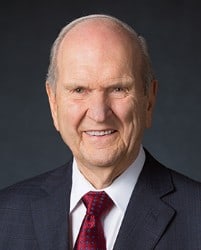
“Some people pray only when confronted with personal problems. Others don’t pray at all. A scripture makes this observation: “Ye do not remember the Lord your God in the things with which he hath blessed you, but ye do always remember your riches, not to thank the Lord your God for them.”
| Ensign, May 2003, p. 7
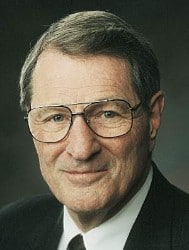
“If we are serious about our discipleship, Jesus will eventually request each of us to do those very things which are most difficult for us to do.”
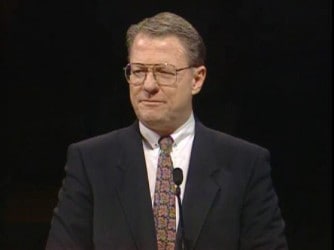
All of our decisions will not be perfect. We will feel hopefully only temporarily, regret. But let us never wait for perfect clarity. It will be a rare decision indeed when all of the data in perfect clarity is apparent before the decision is made. Some of our greatest growth comes from the mind stretching exercise of filling in where information is not available and weighing that which is incomplete. Sometimes there must simply be a leap of faith.
| “Decisions Determine Our Destiny,” February 6, 1981
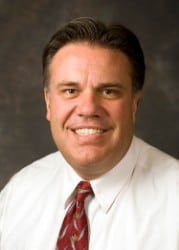
“Realizing that change is a process, most of us would never get angry at a seed for not being a flower or expect a sculptor to transform a block of marble into a masterpiece overnight.”
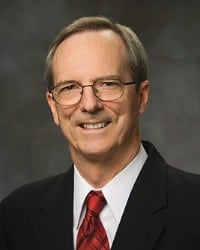
“Every temptation proves a crossroad where we must choose between the high road and the low road. On some occasions it is a trial of agonizing frustration. On other occasions, it is a mere annoyance, a nuisance of minor proportions. but in each case there is some element tot uneasiness, anxiety, and spiritual tugging–ultimately a choosing that forces us to take sides. Neutrality is a nonexistent condition in this life. We are always choosing, always taking sides. That is part of the human experience–facing temptations on a daily, almost moment-by-moment basis–facing them not only on the good days but on the days we are down, the days we are tired, rejected, discouraged, or sick. Every day of our lives we battle temptation–and so did the Savior. It is an integral part of the human experience, faced not only by us but also by him. He drank from the same cup.”
| The Infinite Atonement

“Part of the human experience is to confront temptation. No one escapes. It is omnipresent. It is both externally driven and internally prompted. It is like the enemy that attacks from all sides. It boldly assaults us in television shows, movies, billboards, and newspapers in the name of entertainment or free speech. It walks down our streets and sits in our offices in the name of fashion. It drives our roads in the name of style. It represents itself as political correctness or business necessity. It claims moral sanction under the guise of free choice. On occasion it roars like thunder; on others it whispers in subtle, soothing tones. With chameleon-like skill it camouflages its ever-present nature, but it is there–always there.”
| The Infinite Atonement
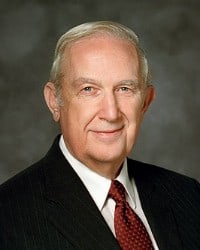
“Unless healed by the Lord, mental, physical, or sexual abuse can cause you serious, enduring consequences. As a victim you have experienced some of them. They include fear, depression, guilt, self-hatred, destruction of self-esteem, and alienation from normal human relationships. When aggravated by continued abuse, powerful emotions of rebellion, anger, and hatred are generated. These feelings often are focused against oneself, others, life itself, and even Heavenly Father. Frustrated efforts to fight back can degenerate into drug abuse, immorality, abandonment of home, and, tragically in extreme cases, suicide. Unless corrected, these feelings lead to despondent lives, discordant marriages, and even the transition from victim to abuser. One awful result is a deepening lack of trust in others which becomes a barrier to healing. . . .I solemnly testify that when another’s acts of violence, perversion, or incest hurt you terribly, against your will, you are not responsible and you must not feel guilty. . . .”
| “Healing Tragic Scars of Abuse,” Ensign, May 1992, p. 31
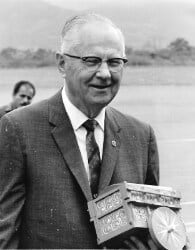
“Sometime in the eternities to come, we will see that our trials were calculated to cause us to turn to our Heavenly Father for strength and support. Any affliction or suffering we are called upon to bear may be directed to give us experience, refinement, and perfection.”
| "The Blessings of Righteous Obedience", Ensign, Nov. 1977